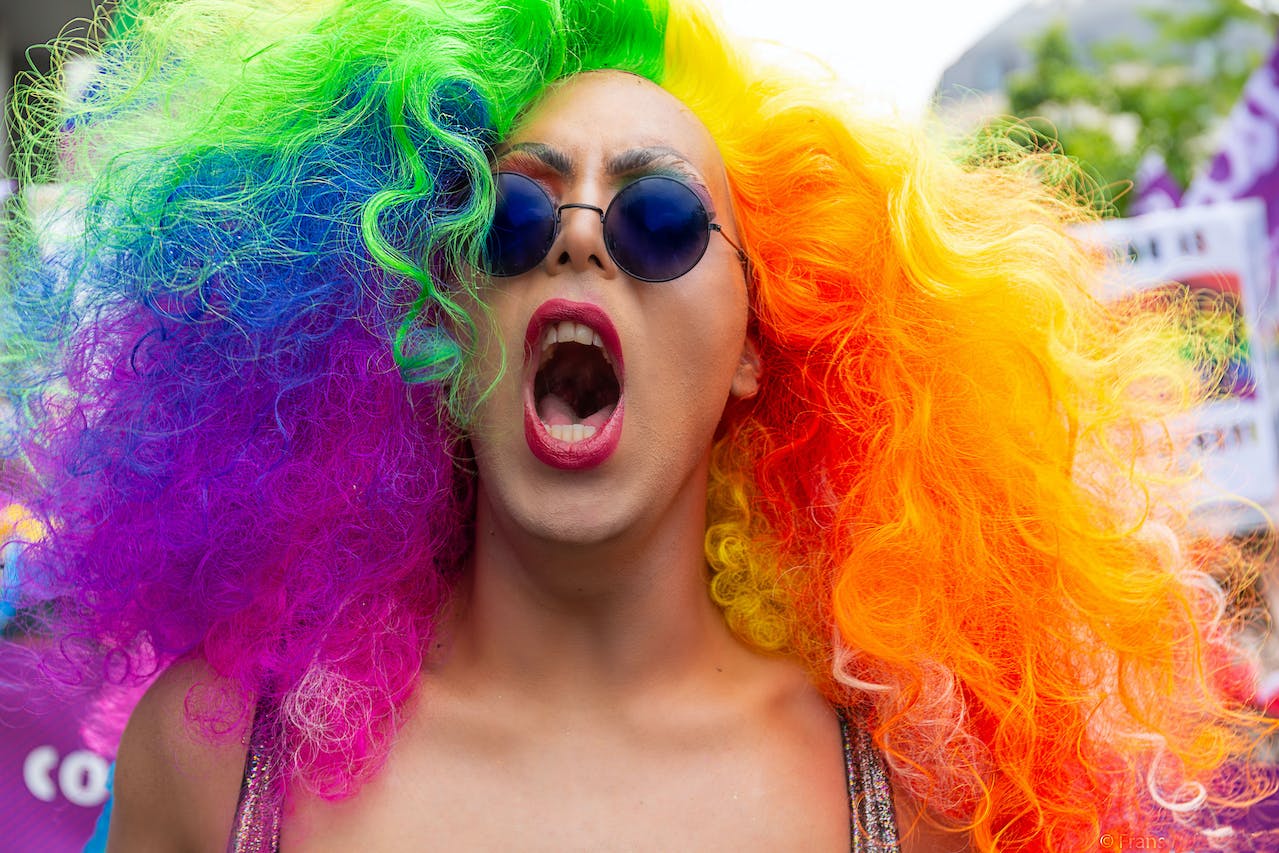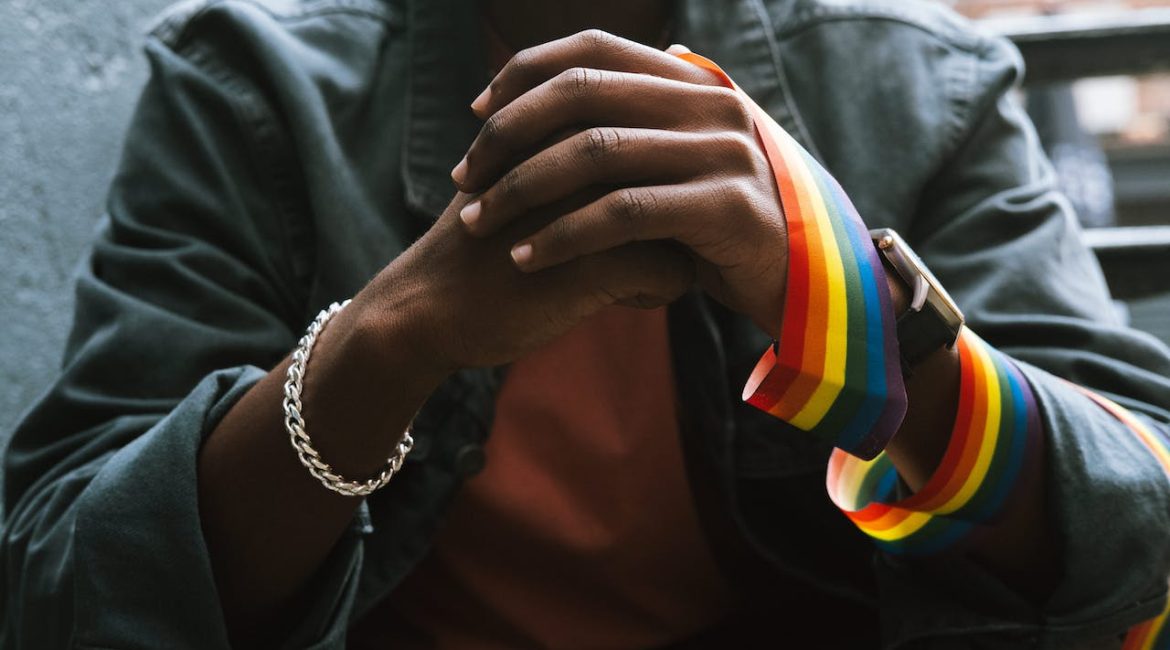LGBTQ+ individuals in Poland have faced intense scrutiny and prejudice, especially during the eight-year reign of the Law and Justice party (PiS). This era was marked by the government’s consistent scapegoating of the queer community, using them as a tool to rally conservative voters. Statements from high-ranking officials, like Poland’s President Andrzej Duda, fuelled this divisive rhetoric. The establishment of “LGBT-free zones” by several Law and Justice-controlled local authorities further accentuated this divisive policy.
The Polish Public’s Changing Perspective
While the government’s stance was clear, the general sentiment among Polish citizens showed a different trend. Recent polls highlight that the majority of Poles have been adopting a progressively positive stance towards LGBTQ+ rights. By the 2023 elections, topics such as migration and women’s rights overshadowed LGBTQ+ issues. Moreover, the rising pressure from grassroots campaigns, NGOs, and the European Commission played a pivotal role in rolling back the “LGBT-free zones”.
The Evolution of LGBTQ+ Acceptance
Since the 90s From the early 90s, LGBTQ+ rights have been a focal point in Polish politics. Pride marches, which were once a rare sight, have grown in number and significance. Data suggests that public acceptance of the queer community has risen, particularly since the government’s campaign against them. This is evident from the growing number of Pride marches, with a notable increase in medium-sized towns, enhancing the visibility of the queer community nationwide.
Activists’ Demands and The Path Forward
In the aftermath of the recent elections, LGBTQ+ activists have set clear expectations from the upcoming democratic coalition. Top on their list is the introduction of a ban on homophobic hate speech, especially by public officials and in public media. This would necessitate amending the penal code to penalize hate speech targeting sexual orientation and gender identity.

Activists are pressing for greater scrutiny of public funds to prevent allocations to entities promoting homophobic agendas. While the legalization of same-sex marriage remains a symbolic objective, more immediate demands include streamlining the gender transition process for transgender individuals.
Challenges Ahead
The recent elections saw an overwhelming support for democracy, indicating a broader societal rejection of hate speech and a call for equal rights. However, implementing LGBTQ+-friendly policies will depend on the newly formed government’s ability to manage compromises within its coalition. Furthermore, President Duda, known for his conservative views and holding veto power, poses a potential roadblock to the realization of some of these reforms.
Conclusion
While challenges persist, the trajectory of LGBTQ+ rights in Poland seems to be shifting towards a more inclusive future. The queer community in Poland stands on the precipice of realizing many of its long-sought-after goals, bolstered by a changing societal mindset and relentless activism.
©loveinclusion.org





